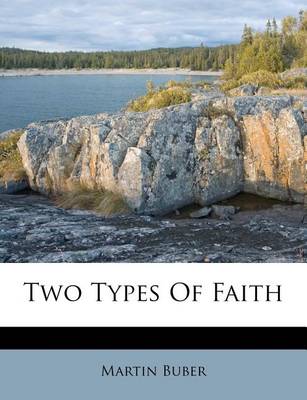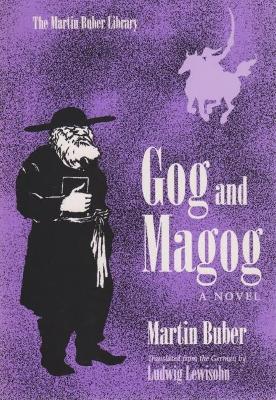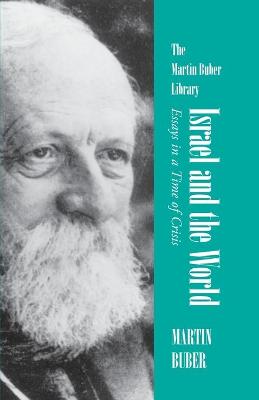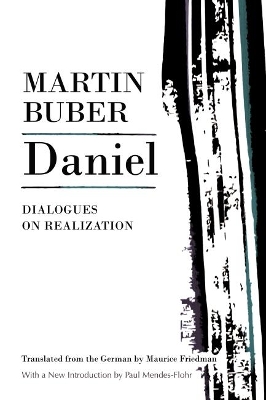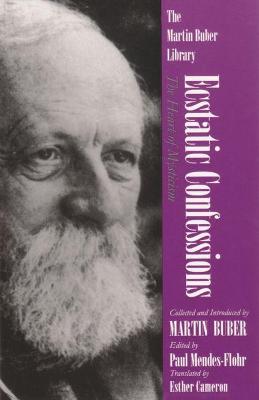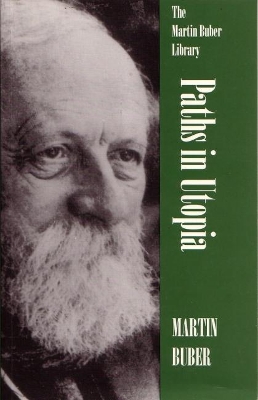Martin Buber Library
9 total works
Martin Buber contrasts the faith of Abraham with the faith of St Paul and ponders the possibilities of reconciliation between the two. He offers a sincere and reverent Jewish view of Christ and of the unique and decisive character of His message to Jew and Gentile.
Written over 40 years, this text seeks to: clarify the relation of certain aspects of Jewish thinking and Jewish living to contemporary intellectual movements; and to analyze those trends within Jewish life, which, surrendering to many ideologies, tend to weaken the teachings of Israel.
In this work, Buber expounds upon and defends the Zionist experiment - a federal system of communities on a co-operative basis. He looks to the anarchists Proudhon, Kropotkin and Gustav Landauer, but selects only that part of their doctrines appropriate to his case.
